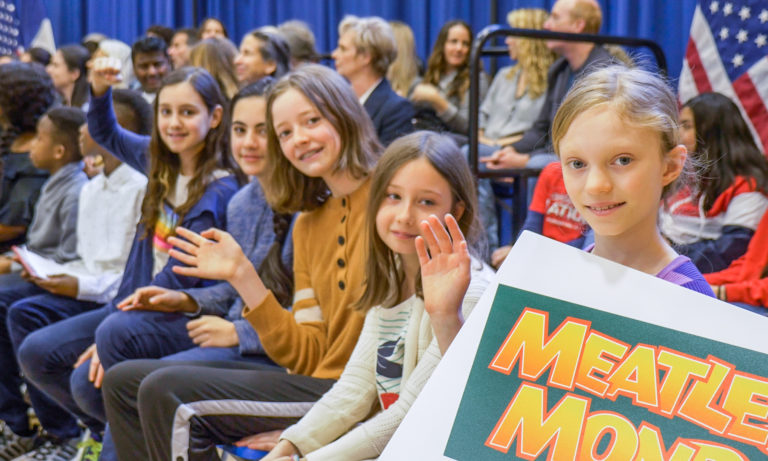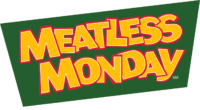Here’s How to Get Your Community Involved in Meatless Monday


An idea can start with one person, but it takes a community to transform that idea into a catalyst for change.
When we come together there’s little we can’t accomplish. To restructure the global food system so that it is more nutritious, more equitable, and more sustainable is certainly no simple task, but there are actions we can take as both individuals and as a collective to move closer to this goal.
Meatless Monday started out as one person’s mission to encourage healthier eating by cutting out meat one day a week. Today, nearly 20 years later, Meatless Monday has been adopted by schools, hospitals, restaurants, and home cooks in over 40 countries around the world.
Plant-based alternatives to traditional animal products are commonplace, available at national fast-food chains as well as your local supermarkets. Thanks to comparable plant-based alternatives, people who don’t identify as vegan or vegetarian are now finding that they can easily reduce their consumption of meat, milk, and dairy products with little or no change to their diets.
This is all exciting stuff, but to keep the momentum going requires a group effort. Until now, much of the success of Meatless Monday can be attributed to… YOU. By sharing our vegan and plant-based recipes with your friends, families, and social media networks, you are bringing greater awareness to the health and environmental benefits of plant-based eating. Our team of Meatless Monday ambassadors continues to promote our resources to organizations around the world, which is why we have seen so much progress in places like college campuses, elementary schools, and corporate cafeterias.
But if you’re one of the many people who want to do more to promote Meatless Monday — whether it’s to your friends, favorite restaurant, workplace cafeteria, school, or college campus — we are making our Meatless Monday ambassador guides available to you. Just sign up here, and you can help spread the benefits of a world less reliant on food from animals.
